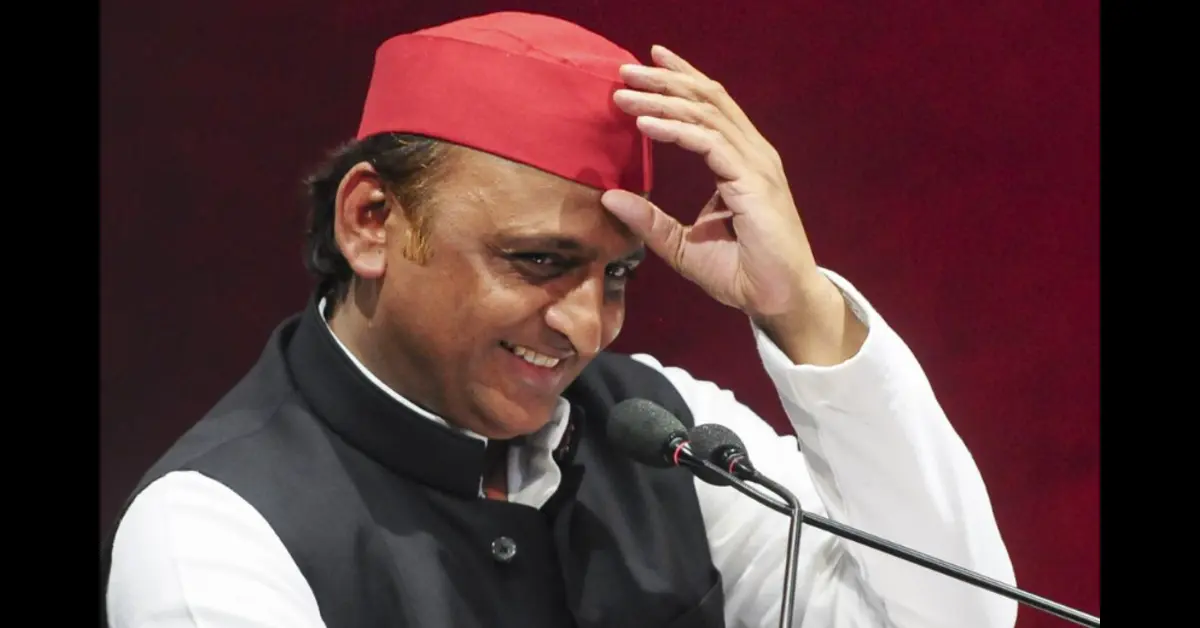Table of Contents
Political Landscape Pre-Election
Previous Election Results
In the 2019 general elections, the Bharatiya Janata Party (BJP) secured a landslide victory, not only nationally but also in Uttar Pradesh (UP), winning 62 out of 80 seats. Samajwadi Party This set a high benchmark for the upcoming 2024 elections, where the political landscape saw significant changes.
Major Political Parties in Uttar Pradesh
Uttar Pradesh, India’s most populous state, is a battleground for several major political parties. The primary players include:
Bharatiya Janata Party (BJP): The ruling party nationally, with a significant influence in UP.
Samajwadi Party (SP): A major regional player known for its socialist policies.
Bahujan Samaj Party (BSP): Focused on Dalit rights and social justice.
Indian National Congress (INC): Historically dominant, trying to regain its foothold.
INDIA Bloc: A coalition of opposition parties, including Samajwadi Party SP, INC, and others, formed to counter the NDA.
Formation of INDIA Bloc
The INDIA Bloc was formed as a strategic alliance to present a united front against the BJP-led National Democratic Alliance (NDA). This coalition brought together diverse political ideologies with a common goal of challenging the incumbent government’s policies.
NDA’s Position and Challenges
The NDA, led by the BJP, faced several challenges leading up to the 2024 elections:
Anti-incumbency: After a decade in power, dealing with the natural fatigue and dissatisfaction among voters.
Economic Concerns: Issues like unemployment and inflation affecting public sentiment.
Farmer Protests: The aftermath of prolonged farmer protests against agricultural laws.
Opposition Unity: A stronger, more unified opposition posed a significant challenge.
Election Campaigns and Strategies
Samajwadi Party’s Campaign Tactics
The Samajwadi Party (SP) focused on grassroots mobilization and leveraging its stronghold in rural areas. Key strategies included:
Community Outreach: Extensive tours and rallies in rural regions.
Social Welfare Promises: Commitment to enhancing social welfare schemes.
Alliance Building: Strengthening ties with smaller regional parties to broaden its support base.
INDIA Bloc’s United Front
The INDIA Bloc’s campaign was characterized by:
Unified Messaging: A coherent narrative emphasizing collective goals.
Inclusive Policies: Focus on inclusive development and social justice.
Technology Utilization: Effective use of digital platforms for outreach and engagement.
NDA’s Counter Strategies
To counter the opposition, the NDA employed several strategies:
Development Projects: Highlighting infrastructure projects and economic reforms.
Nationalism and Security: Emphasizing national security and patriotic sentiments.
Charismatic Leadership: Leveraging the popularity of Prime Minister Narendra Modi.
Role of Social Media and Technology
Social media played a pivotal role in the 2024 elections, Samajwadi Party with parties using platforms like Facebook, Twitter, and WhatsApp for:
Voter Engagement: Direct communication with voters.
Campaign Amplification: Spreading campaign messages and countering misinformation.
Data Analytics: Using data to target specific voter demographics effectively.
Key Issues Influencing the Election
Economic Factors
Economic issues were at the forefront of voter concerns, including:
Unemployment: High joblessness rates among youth.
Inflation: Rising prices of essential commodities affecting household budgets.
Economic Reforms: Debates over the effectiveness of the government’s economic policies.
Social Issues
Social issues also played a critical role:
Caste Dynamics: The impact of caste on voting patterns in UP.
Women Empowerment: The role of women’s issues in shaping electoral outcomes.
Education and Healthcare: Voters’ demand for better public services.
Local Issues in Uttar Pradesh
Specific local issues that influenced the election included:
Agrarian Distress: The plight of farmers and agricultural policies.
Law and Order: Concerns over crime rates and safety.
Infrastructure: The need for better roads, electricity, and water supply.
National Security and Foreign Policy
National security and foreign policy were significant in shaping voter perceptions, with issues like:
Border Security: Tensions with neighboring countries.
Terrorism: Measures to combat terrorism.
Foreign Relations: India’s stance on global platforms and its international alliances.
Voting and Election Day
Voter Turnout and Participation
The 2024 elections saw a high Samajwadi Party voter turnout, reflecting the electorate’s engagement. Factors influencing turnout included:
Voter Awareness Campaigns: Efforts to educate voters on the importance of participation.
Youth Participation: Increased involvement of young voters.
Women Voters: Significant turnout among women, driven by targeted campaigns.
Significant Incidents on Election Day
Election day witnessed several notable incidents, such as:
Technical Glitches: Issues with Electronic Voting Machines (EVMs) in some areas.
Violence and Clashes: Sporadic incidents of violence in a few constituencies.
High Security Measures: Enhanced security to ensure peaceful voting.
Role of Election Commission
The Election Commission played a crucial role in ensuring a fair and transparent election process by:
Monitoring and Regulation: Strict monitoring of campaign activities and finances.
Election Infrastructure: Ensuring the availability and functioning of EVMs.
Grievance Redressal: Addressing complaints and disputes promptly.
Odisha Assembly Exit Polls 2024: BJP Predicted to Win 62-80 Seats
Results Analysis
Samajwadi Party’s Performance
The Samajwadi Party (SP) made a significant comeback, marked by:
Increased Seat Count: Winning a substantial number of seats compared to previous elections.
Strong Rural Support: Dominance in rural constituencies.
Youth and Women Support: Attracting younger voters and women with targeted policies.
